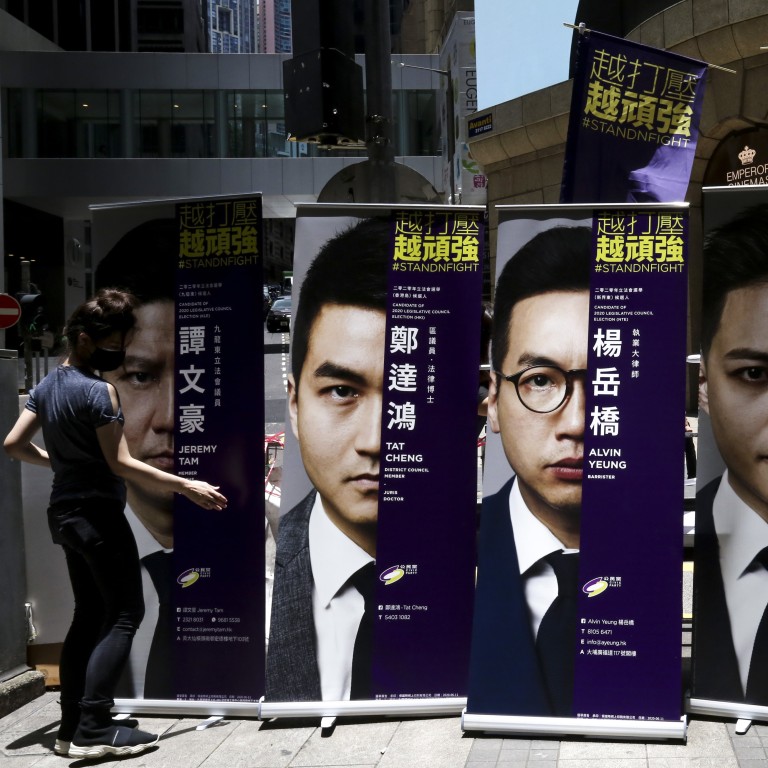
Hong Kong’s Civic Party folds after 17 years of championing opposition causes
- Organisation decides to wind up after failing to find any members willing to serve as chairman
- Co-founder Ronny Tong says party long ago deviated from its mission of providing centrist candidates and policies
Hong Kong’s Civic Party, once the second largest in the now-decimated opposition camp, has disbanded after 17 years, with its chairman urging residents to remain hopeful, “live in truth and believe in tomorrow”.
The organisation began to wind itself up after all but one of its 31 members voted for the motion to dissolve at an at extraordinary general meeting on Saturday.
“After completing the final procedures, the Civic Party will disappear from the world,” chairman and co-founder Alan Leong Kah-kit said.
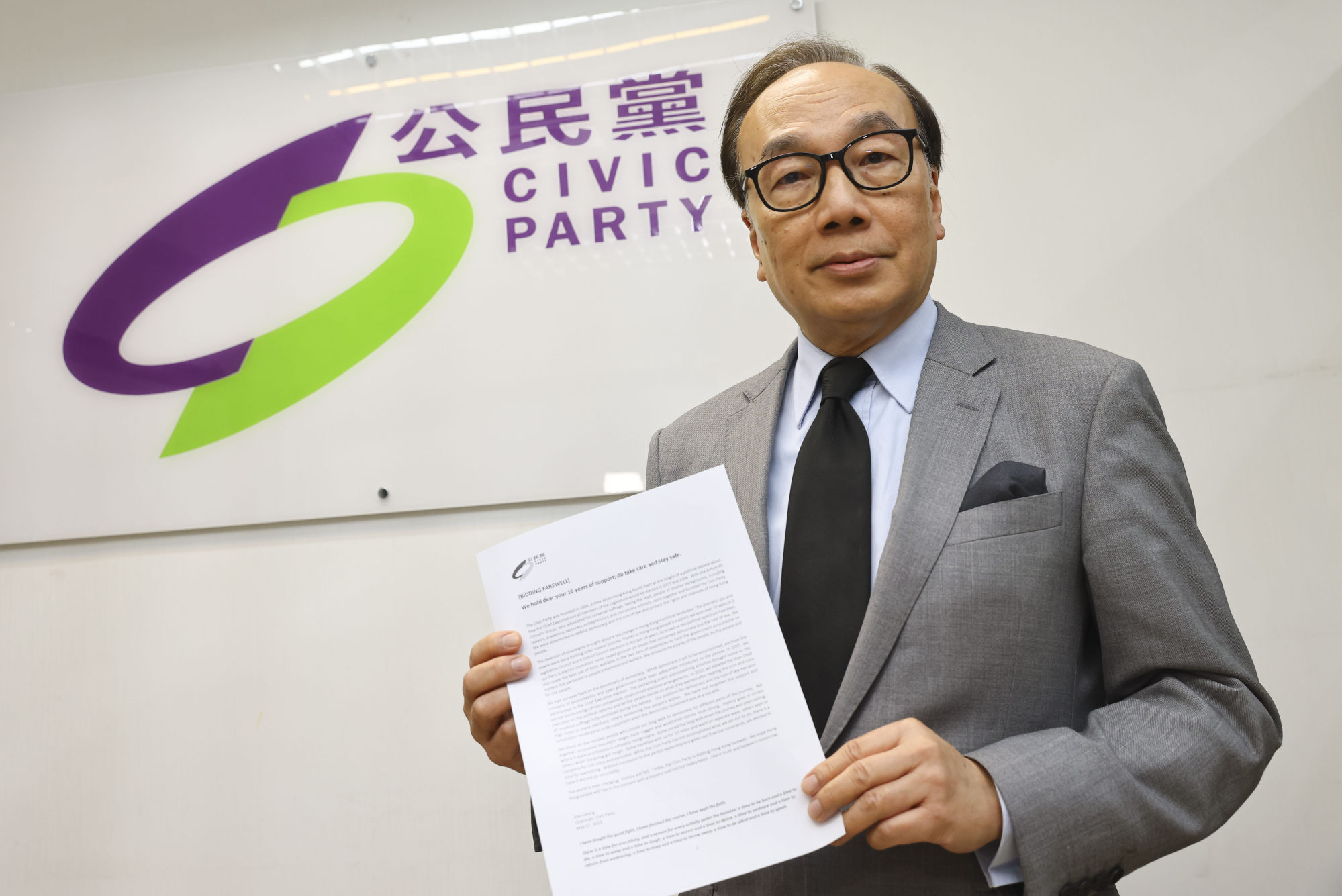
Leong said the fate of the party was sealed when no members came forward to run for chairman or the executive committee last year, leaving it without leadership successors who could organise fundraising.
“Given the constraints of our financial situation, to voluntarily wind up is really not a surprise,” he said, adding the party’ assets were in the five figures and would be donated to charities when the liquidation was completed.
The party championed the cause of universal suffrage and the rule of law since its founding by six lawmakers in 2006 and won over 70 Legislative Council seats in seven elections, clear evidence its platform resonated with voters, he said.
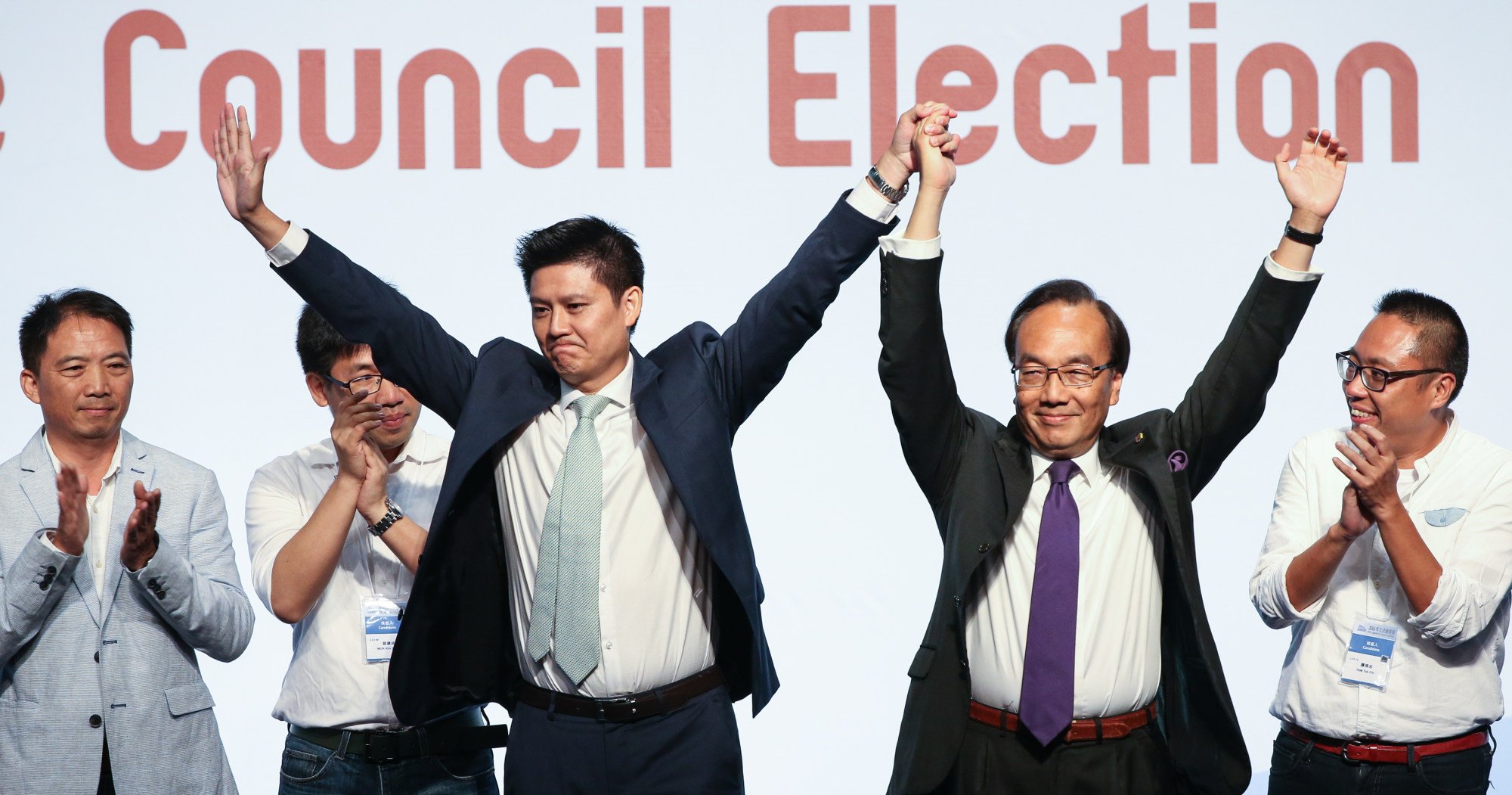
Leong also expressed gratitude to residents who had supported the organisation at a time when democratic development was at a low ebb.
“While the Civic Party has not accomplished what we set out to do, there is a time for everything,” he wrote in his chairman’s report. “The world is ever changing. History will tell. Today, the Civic Party is bidding Hong Kong farewell. We hope Hong Kong people will live in the moment with a hopeful and not too heavy heart. Live in truth and believe in tomorrow.”

In 2021, four core members – former lawmakers Alvin Yeung Ngok-kiu, Jeremy Tam Man-ho and Kwok Ka-ki, and ex-district councillor Lee Yue-shun – were charged with subversion over their roles in an unofficial primary to select candidates to run for Legco seats. Authorities described the run-off as part of a plot to paralyse the government.
Hong Kong’s opposition Civic Party rocked by resignation of 11 councillors
During lengthy bail proceedings, the four defendants announced they had quit the party and politics altogether. They later made an emotional appeal for the party to disband, arguing the move would help protect members from possible prosecution. A chain of events that began in 2020 had consistently proven the party had no future, they claimed.
At the time, Leong said he had repeatedly talked about dissolving the party with members but they decided instead “to walk together with Hongkongers” while adjusting course in a changed political environment.
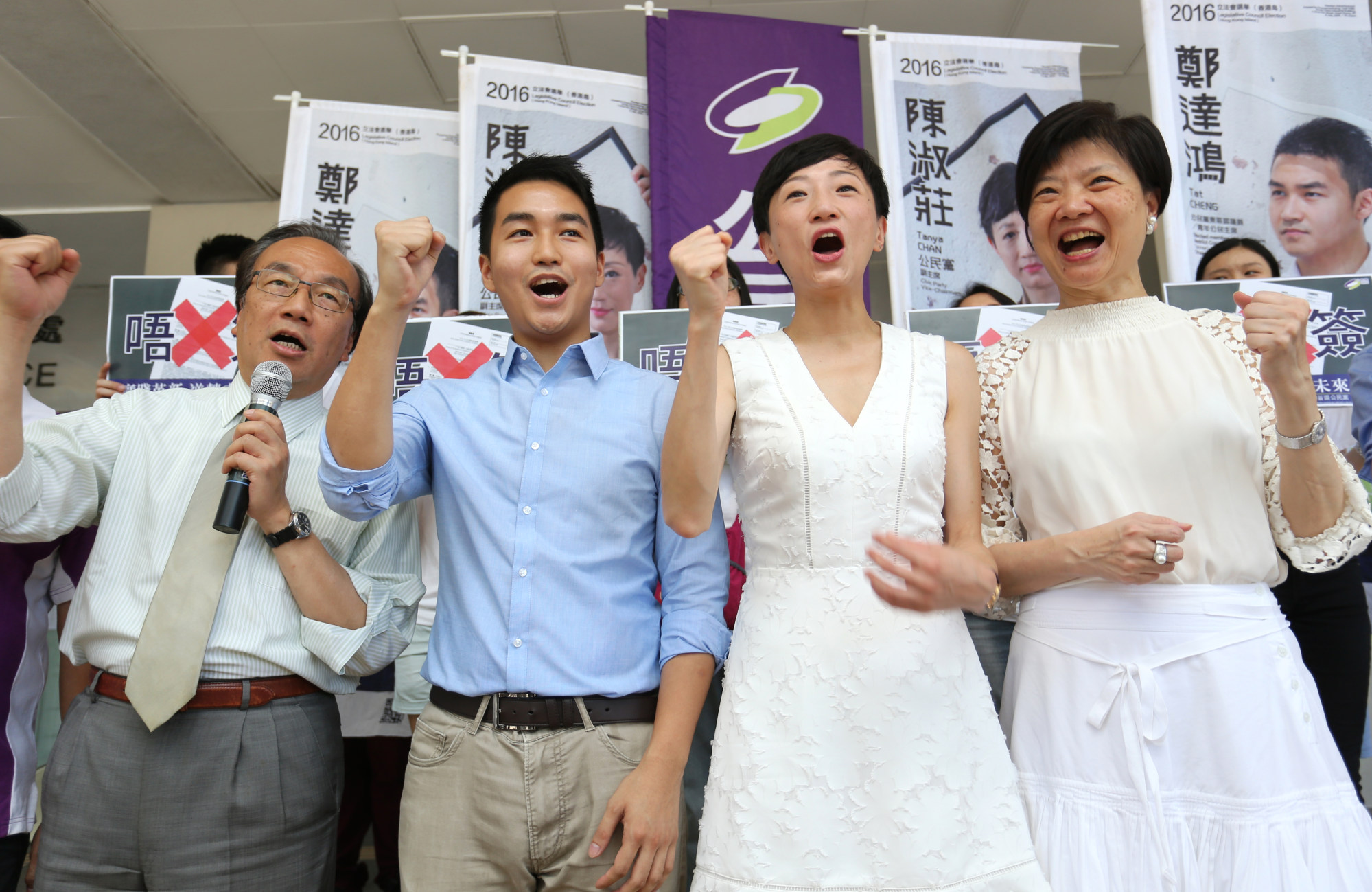
The party was long associated with barristers, as several co-founders and chairs worked in the profession, including Leong, Audrey Eu Yuet-mee and Ronny Tong Ka-wah.
The three initially came together in 2003 to oppose the government’s plan to implement Article 23 of the Basic Law, which requires the city to enact legislation similar to the national security law introduced by Beijing three years ago. The administration ultimately shelved the bill after a fierce backlash from the public.
The party positioned itself as an alternative governance force and set an ultimate goal of becoming a ruling one when it formed in 2006. The following year, the opposition camp chose Leong to run against Donald Tsang Yam-kuen in the chief executive poll, a long shot aimed at exposing the nature of the “small-circle election”.
Hong Kong’s Civic Party pledges to focus on livelihood over political reform
But the party then began to take a more confrontational approach to constitutional development, as evidenced by its opposition to a political reform plan floated by the Democratic Party after it struck a compromise with Beijing in 2010.
Tong on Saturday said it was a pity that the party was disbanding.
“I intended to establish the party to take care of those Hongkongers who take the middle stance in politics … and communicate with Beijing to reach consensus on pushing constitutional development,” he said. “But the party deviated from the ideology, and I have been advising them to return on the right track for over a decade but in vain.”
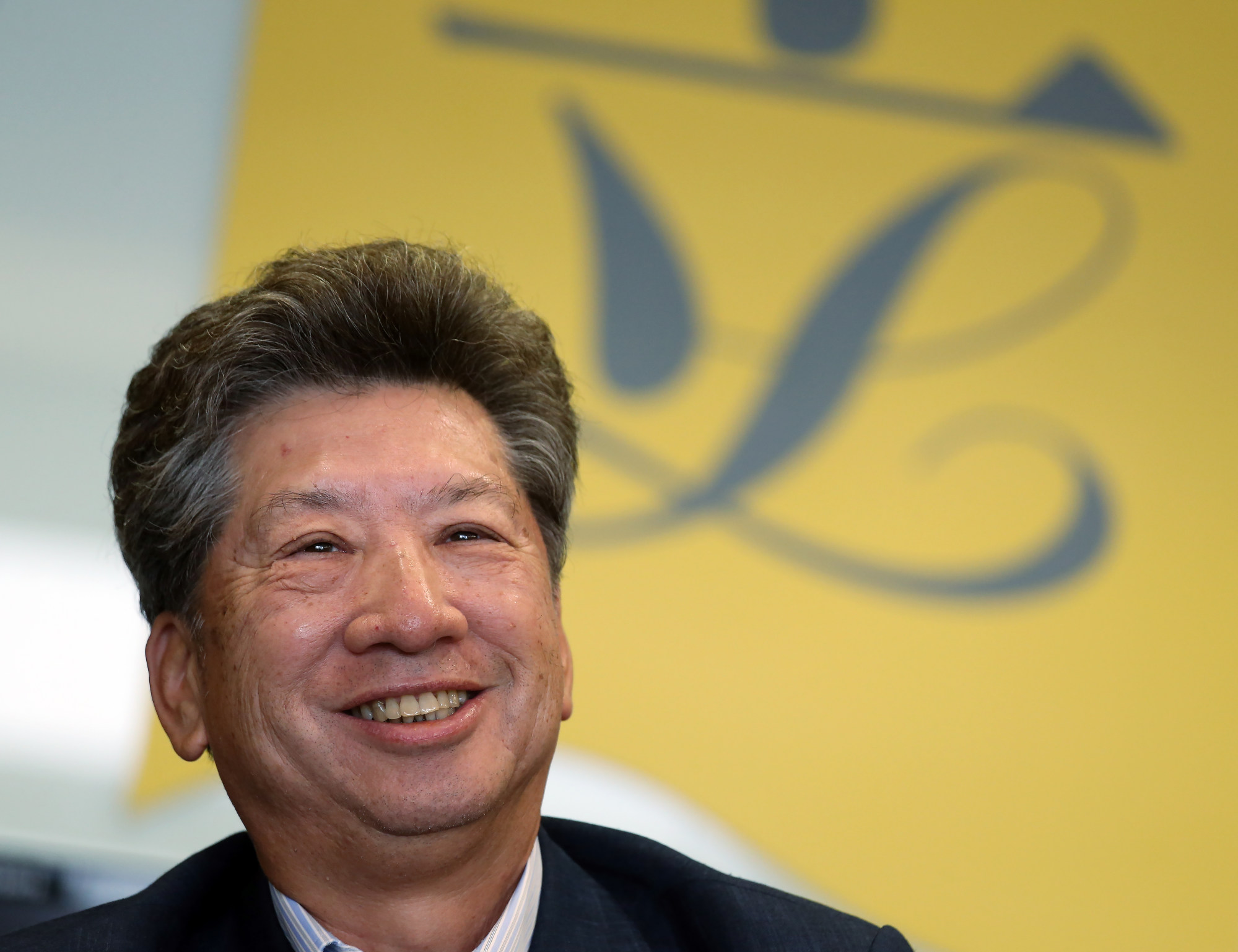
Residents should not blame the national security law for the death of the party, he said, arguing the opposition camp had become more radical in recent years, which might have led to Beijing introducing the legislation.
More than 50 civil groups have folded since the national security law was introduced.
Barrister Stephen Char Shik-ngor, another founding member, said that while the collapse of the party was regrettable nothing remained forever.
“We have given our all over the past decade and tried all we could,” he said. “Whether we succeed or not is no longer the most important thing of all.”
While Char said he respected Tong’s opinions of the party, he said its dissolution offered authorities the chance to reflect on whether having only one voice in politics would help society improve.
“Some may find the governance effective, but is it really a good thing?” he said.
Hong Kong opposition down and out, trying to find its place
Separately, Secretary for Home and Youth Affairs Alice Mak Mei-kuen on Saturday slammed Britain for criticising the city’s revamp of the district councils in its six-monthly parliamentary report on Hong Kong. The overhaul will see most directly elected members replaced with appointed ones.
Britain was not in a position to criticise the revamp given the practice of appointing members to the municipal bodies was introduced by the British colonial government, she said.
“Maybe they have forgotten. I was appointed during the colonial era as well. Therefore, they should be in favour of the appointment system and should not renege on their words,” she said.
Mak stressed the revamp could diversify the background of district councillors and allow the government to better understand public sentiment.


